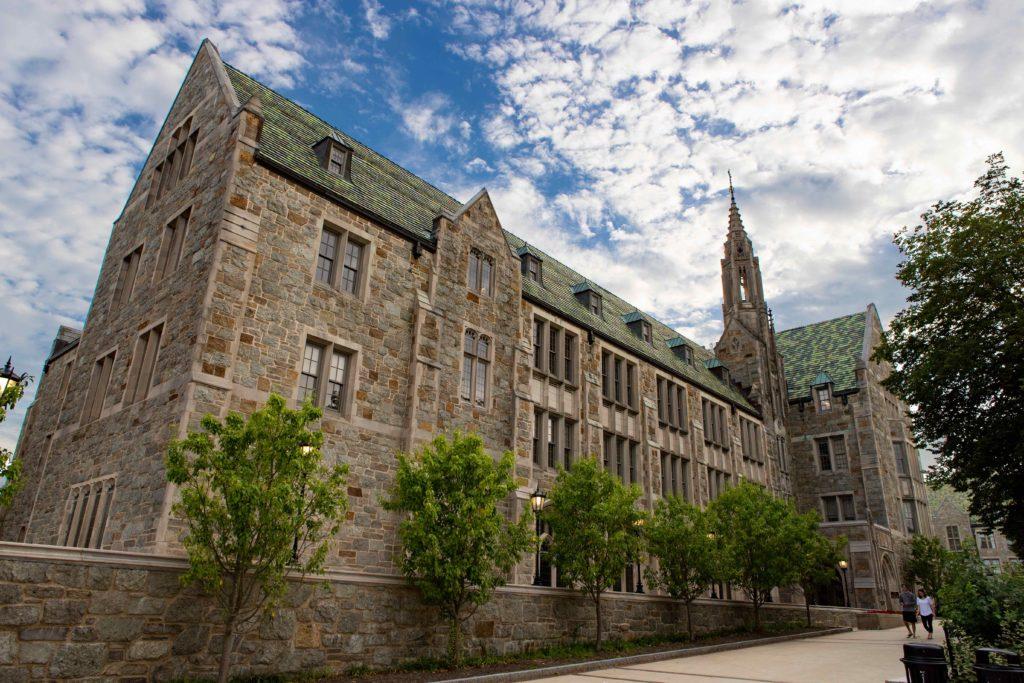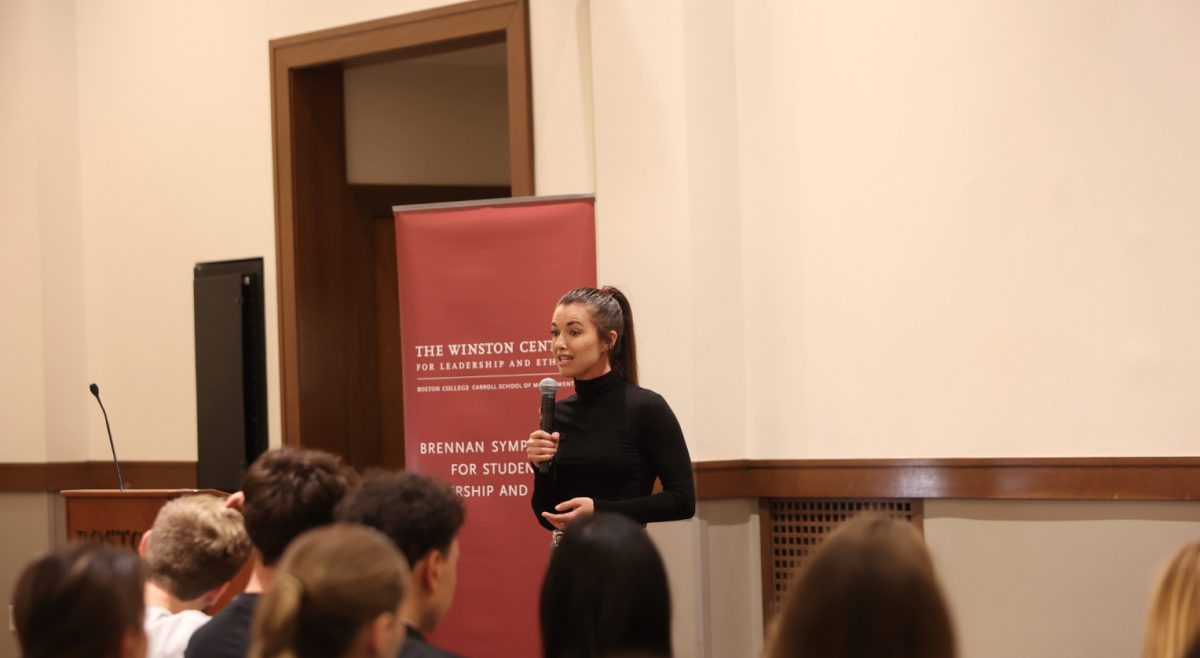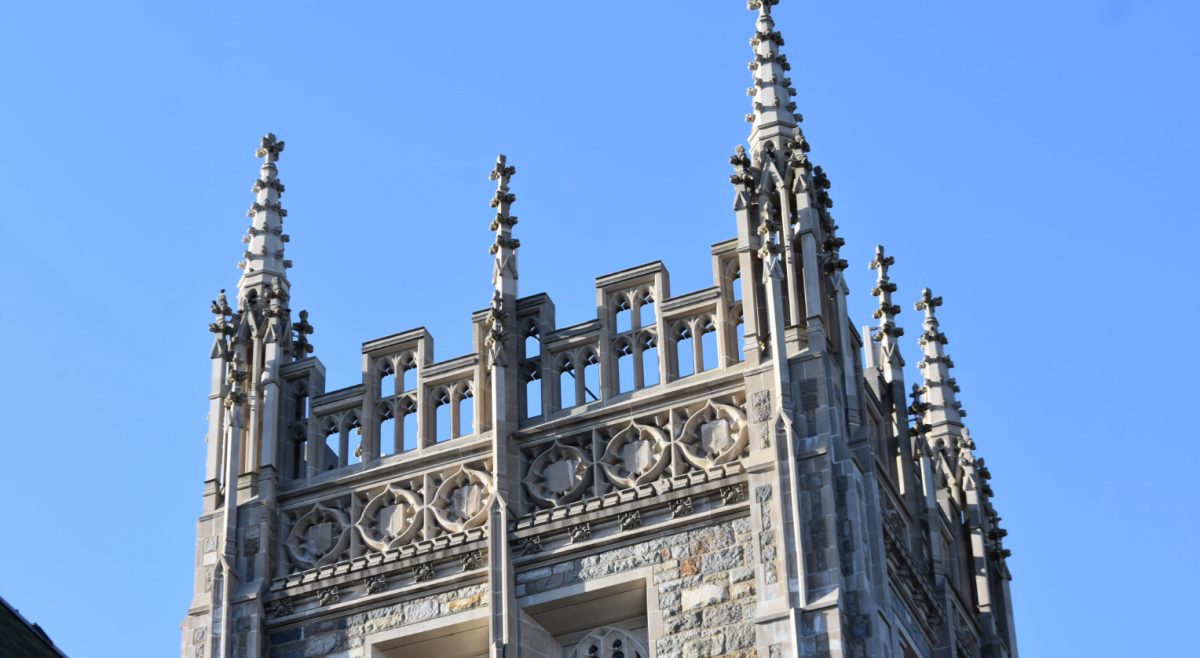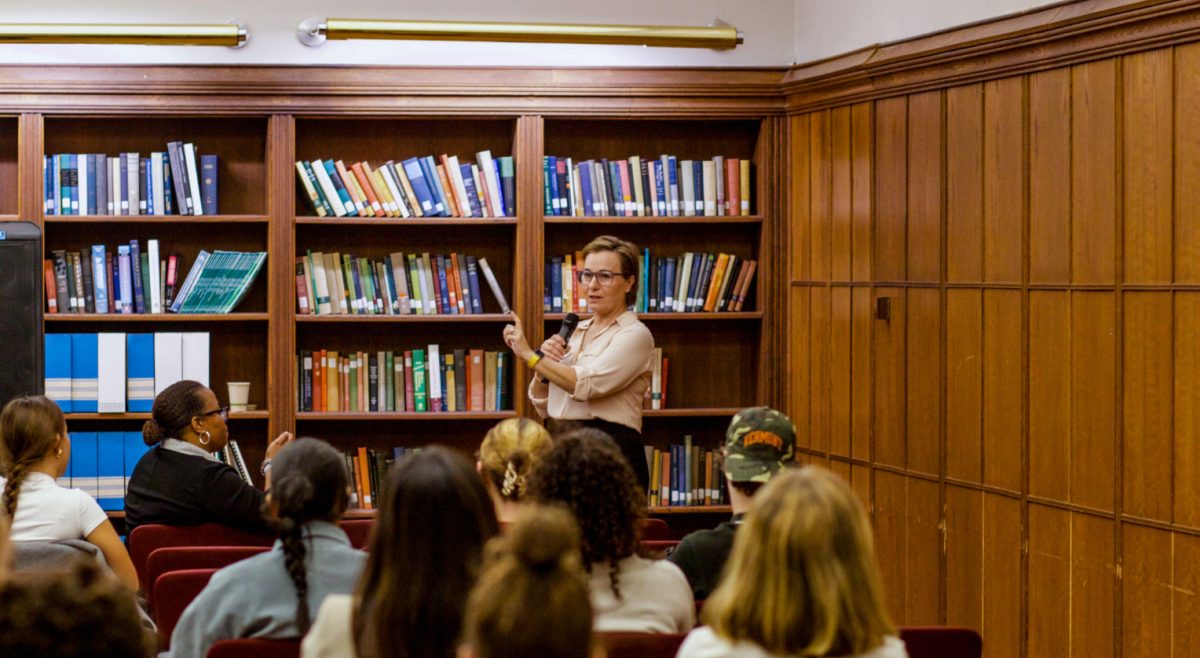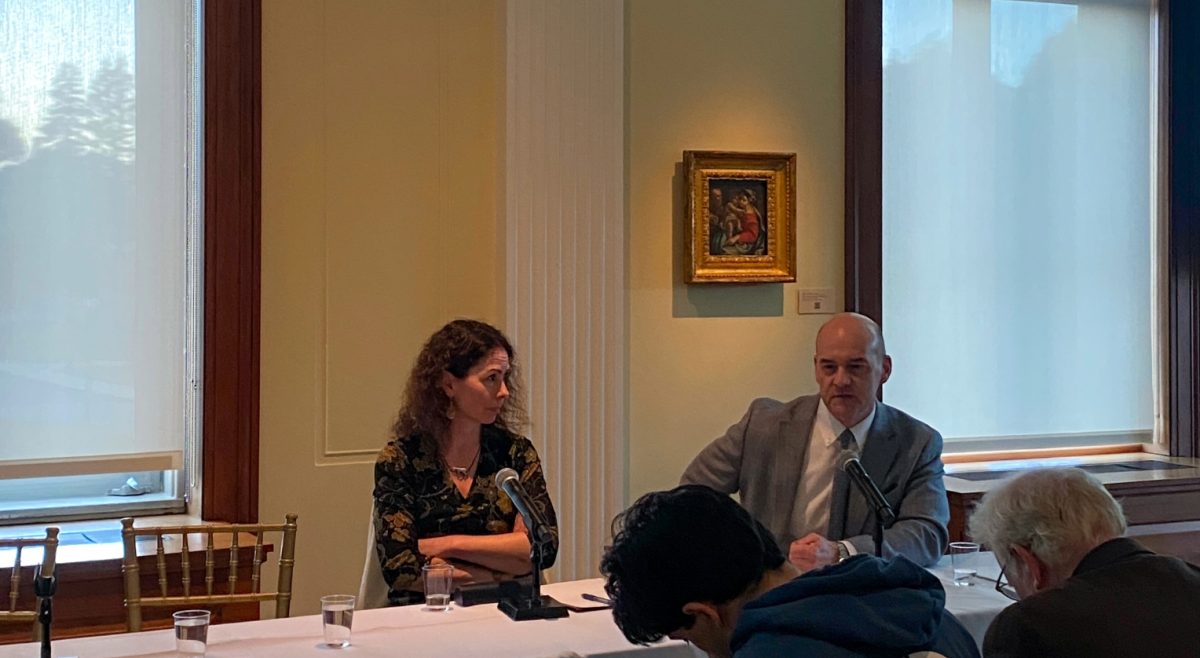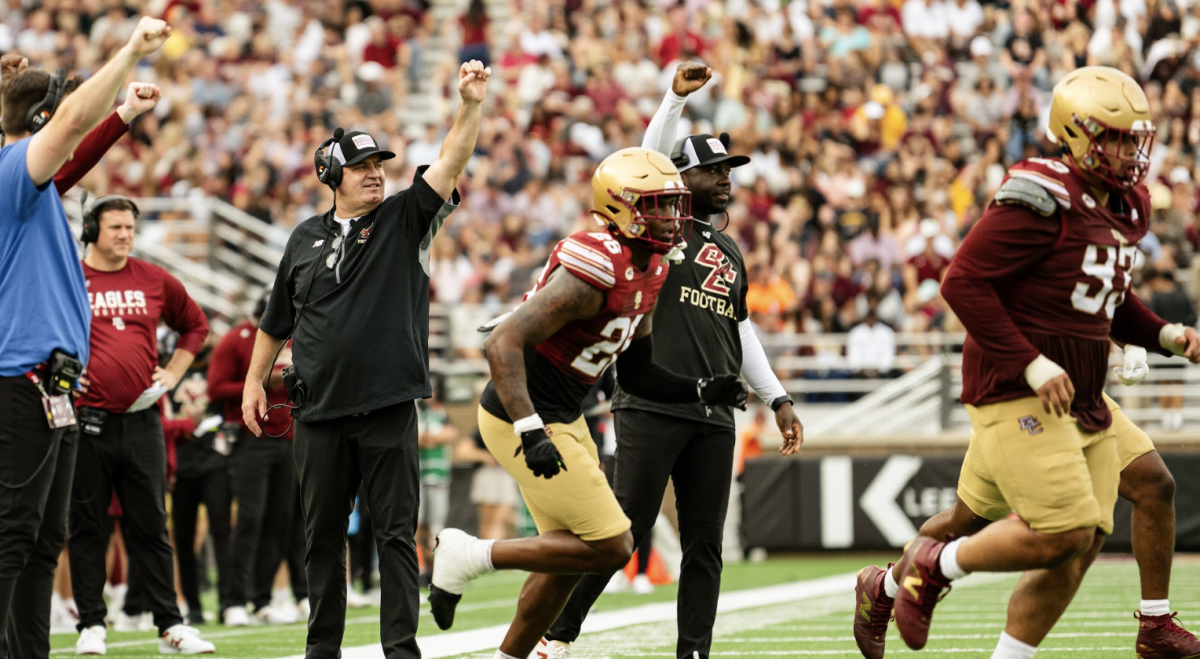Boston College announced that the University is implementing an Early Decision (ED) admissions program to replace its Early Action (EA) program for Class of 2024 applicants. The change comes in response to a 14 percent increase in overall applications this admissions cycle, as well as a 54 percent increase in EA applications.
The surge was prompted by an admissions policy change that previously barred students applying to other universities ED from applying early to BC.
ED applicants will have to commit to attending the University if they are admitted and will not be allowed to consider other options after their admission.
John Mahoney, vice provost for enrollment management, said in the University release that the Common Application provides students with an unprecedented ease in terms of applying to colleges. This creates issues for admissions offices at “competitive colleges,” where it becomes more difficult to sift through the sheer amount of applications.
“Students are responding by beginning the college search earlier to reduce anxiety and uncertainty as much as possible,” Mahoney said. “The advantage of Early Decision for students is the opportunity to increase their chance for admission at their top college choice and reduce the overall number of applications they submit. The advantage for colleges is the opportunity to enroll more best-fit students, which should increase their satisfaction level and retention. For Boston College, Early Decision will allow us to attract the best students, knowing that we are their top choice.”
The University release noted that 21 out of the top 40 national universities ranked by U.S. News and World Report utilize either an Early Decision I or II program. BC has opted to open up both the ED I and ED II options for prospective students. The website detailing the policy delineates the two options as being deadline related: If students apply ED I, they have to submit their application by Nov. 1 and will receive admissions decisions on Dec. 15. If they apply ED II, they have until Jan. 1 to apply and will receive their decisions on Feb. 15.
“This change in early admission at Boston College will help us to identify and focus on our best-fit applicants as we respond to a clear shift in the early admissions landscape,” Grant Gosselin, director of undergraduate admissions, said in the release. “While the change will likely suppress overall application volume, it will help to improve selectivity and yield by enabling students to commit to BC through the two rounds of binding Early Decision.”
Gosselin indicated in a past interview with The Heights that his primary goal as admissions director is to increase admissions yield, not application volume or admission rates. He referred to this year’s volume as requiring an “unsustainable” effort from the entire admissions office—the outcome of such pressure could make it difficult for the office to make decision deadlines promised to prospective students.
Provost and Dean of Faculties David Quigley, who oversees Mahoney and enrollment management, according to the release, noted that this change will not affect one element of the status quo: Regular decision will remain the main fashion in which students will be admitted to the university.
Featured Image by Jonathan Ye / Heights Editor

